News & Events
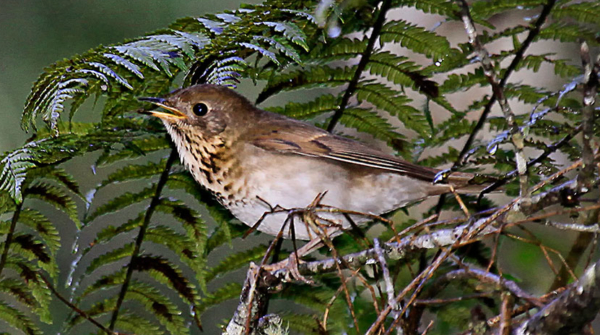
New Study Predicts Winter Habitat for Bicknell’s Thrush
A new study led by VCE biologist Kent McFarland and published in The Condor: Ornithological Applications employed statistical modeling methods to identify remaining key habitat for females in fragmented, wet, montane forests of the Dominican Republic. Further, this study served as the driving force to conserve adjacent private land that have expanded the thrush’s wintering habitat.
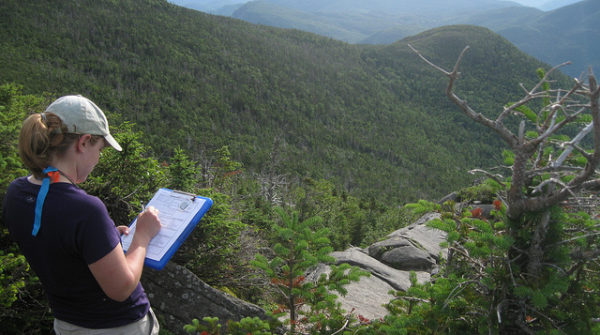
New Study Reveals Population Estimate and Abundance Map for Rare Bicknell’s Thrush in the U.S.
New research by the Vermont Center for Ecostudies (VCE) has revealed that Bicknell’s Thrush likely have one of the smallest population sizes – about 71,000 adult birds – of any migratory songbird within the contiguous U.S. These findings were published in the research journal Ecosphere by lead authors Jason Hill and John Lloyd.
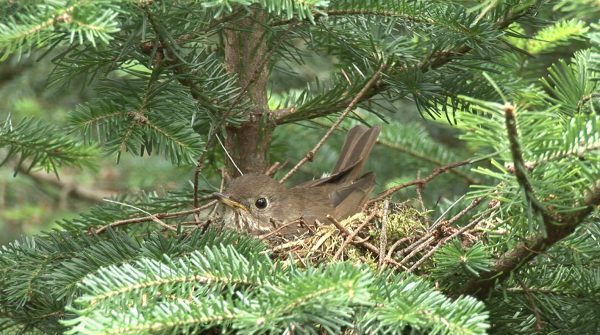
Saving a Rare Songbird - Hemispheric Conservation Action Plan for Bicknell's Thrush Updated
The revised Conservation Action Plan for Bicknell’s Thrush provides the updated consensus of the International Bicknell’s Thrush Conservation Group (IBTCG), an alliance of scientists, conservationists, and governments, about the primary threats facing Bicknell’s Thrush and the actions that may help mitigate those threats across the hemisphere.
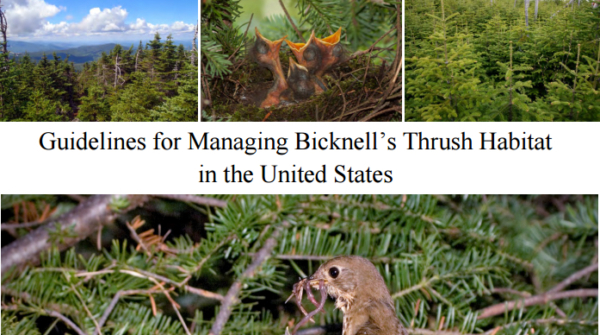
Guidelines for Managing Bicknell's Thrush Habitat in the U.S.
A new document, Guidelines for Managing Bicknell’s Thrush Habitat in the United States, describes how to promote habitat conditions and processes that will help sustain Bicknell’s thrushes and other disturbance-adapted mountain birds in the US Northeast. A common understanding of the habitats and practices that benefit this vulnerable species will help secure its future as an icon of the Northeast’s most remote forests.
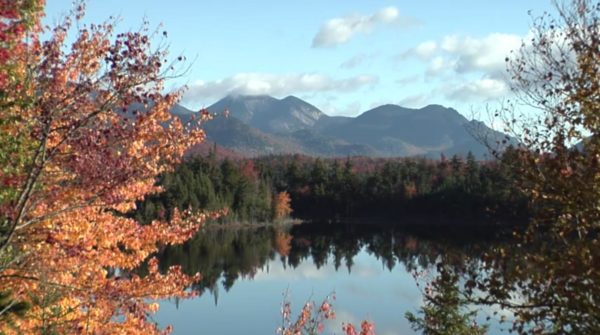
New York Obtains Boreas Ponds Adirondack Tract
The 20,758 acre Boreas Ponds tract borders the largest wilderness areas in the Adirondacks. It is the last in a string of transactions to acquire former Finch Pruyn lands by the state of New York. It includes 50 miles of rivers and streams, forests and habitat for moose, loons and Bicknell’s Thrush.
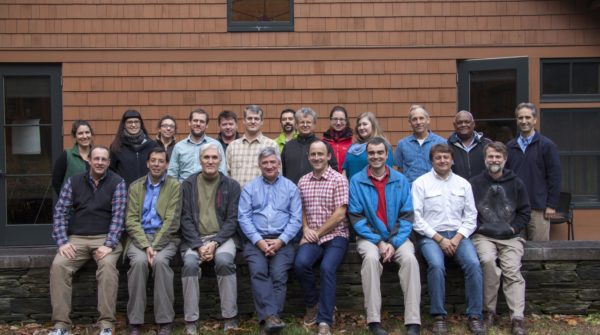
International Experts Convene for Bicknell’s Thrush
Twenty-one stakeholders of the International Bicknell's Thrush Conservation Group convened recently in Woodstock, Vermont to launch a revision of the 2010 Conservation Action Plan for this globally rare and vulnerable migratory songbird.
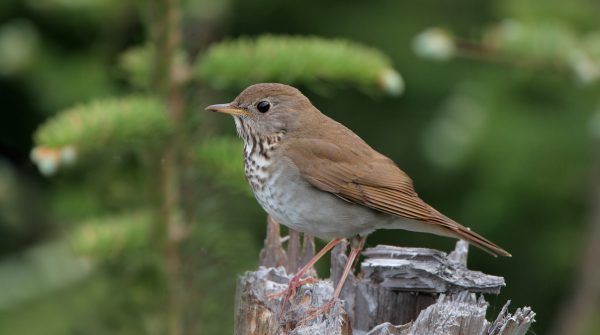
Scientists Combine Bird Survey Data to Identify Vulnerable Boreal Species
Analyses of data from 16 point count programs conducted in spruce-fir forests in the Northeast and Midwest show that populations of four species considered ecological indicators for the boreal forest, Bicknell's thrush, yellow-bellied flycatcher, magnolia warbler and blackpoll warbler, are in significant decline.
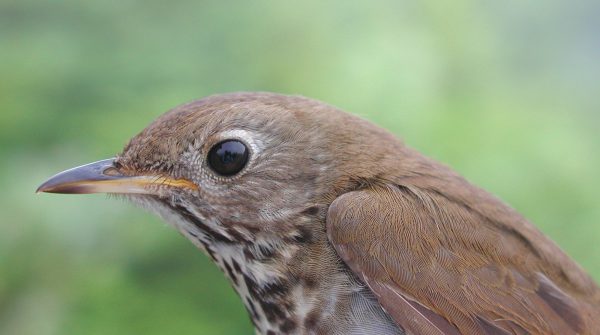
Bicknell's Thrush Considered For Endangered Species List
The U.S. Fish and Wildlife Service is considering placing the bird under protection of the federal Endangered Species Act. VPR talks with Chris Rimmer of the Vermont Center for Ecostudies and Mollie Matteson of the Center for Biological Diversity about the impact that human development and climate change have on the Bicknell’s Thrush.
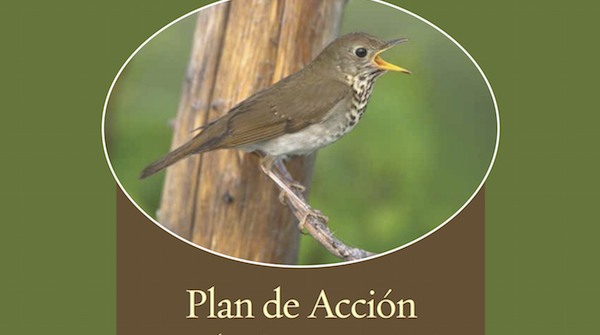
A Hemispheric Conservation Plan for Bicknell’s Thrush
An international conservation group today unveiled a plan to protect one of North America’s most rare and vulnerable songbirds, the Bicknell’s thrush, across its entire range from Canada to the Caribbean.
